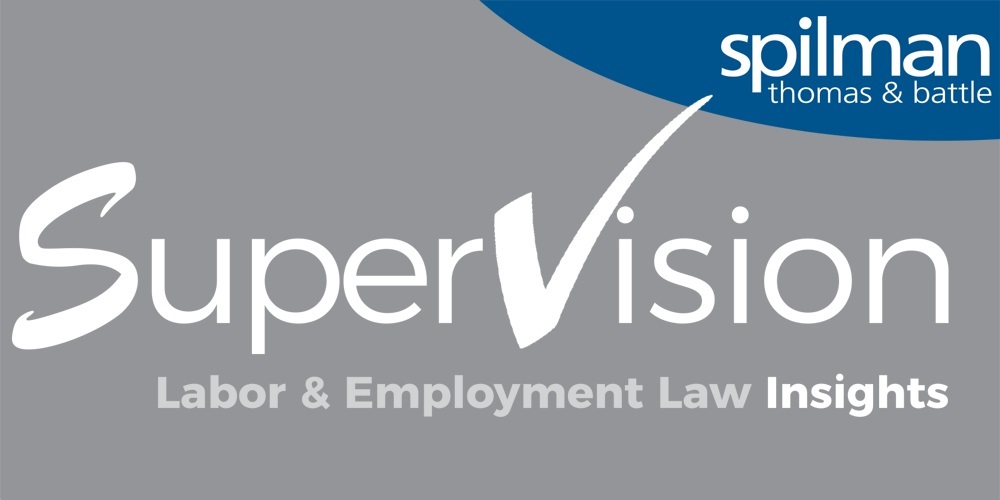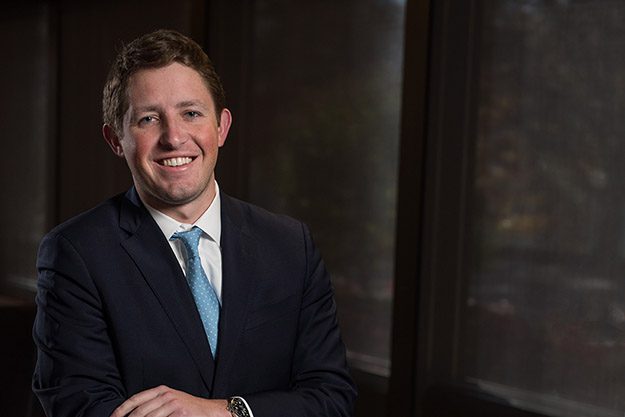Article
Resources
Article
NLRB's Top Prosecutor Advocates for Broader Interpretation of Employees’ Section 7 Rights

In March 2021, the National Labor Relations Board’s Acting General Counsel, Peter Sung Ohr, wrote a memorandum to the Board’s Regional Offices that called for “Vigorous Enforcement” of section 7 of the National Labor Relations Act (the "Act"), advocating for increased enforcement of section 7 in two ways. First, it encourages the Board’s Regional Offices to enforce section 7 of the National Labor Relations Act, which protects all employees – union or non-union – who engage in protected concerted activities, to further the purpose of the National Labor Relations Act. Second, Mr. Ohr interprets section 7 to expand the breadth of its protection.
Section 7 protects employees’ “right to self-organization, to form, join, or assist labor organizations, to bargain collectively through representatives of their own choosing, and to engage in concerted activities, for the purpose of collective bargaining or other mutual aid or protection.” The Act’s protection of “concerted activities” for “mutual aid or protection” covers a broad spectrum of activities by all employees, including those in non-unionized workforces, who engage in protected concerted activities such as comparing compensation or complaining about workplace policies.
The extent to which the Board can actually engage in the “Vigorous Enforcement” Mr. Ohr promotes in his memorandum is yet to be seen. During the prior administration, the Regional Offices’ staff, who are responsible for most of the enforcement activity, significantly decreased. President Biden’s nominee for the Board’s General Counsel, Jennifer Abruzzo, has said she will work to increase staffing to boost enforcement. While this may not translate to an immediate increase in the filing of unfair labor practice charges and complaints, employers should not be surprised to see an uptick, especially as staffing levels increase.
Despite the Board’s need for more staffing, employers should anticipate the potential for more enforcement activity because Mr. Ohr's memorandum advocates for interpreting section 7 to cover more activity. Indeed, Mr. Ohr noted that recent Board decisions “restricted those protections” under section 7, but “left avenues for demonstrating mutual aid or protection that should be fully utilized.” For example, in Alstate Maintenance, the Board ruled that an employee’s comment to his supervisor he did not want to perform a job because the customers did not tip was not protected under section 7 because whether a customer tipped was unrelated to any workplace policies. However, the Board suggested section 7 would protect the employee’s comments about tips if they were aimed at changing his employer’s policies. Similarly, in Quicken Loans, the Board concluded that an employee’s comment that handling a customer complaint was a “waste of time” was not protected because it was not aimed at changing workplace policies. Mr. Ohr’s memorandum encourages Regional Offices to bring enforcement actions when an employee’s activity is intended to change workplace policies.
Mr. Ohr also advocates for a broader definition of protected activity under section 7, noting that, for protected activity to be “concerted,” there must only be a speaker and a listener. Back-and-forth between employees is not necessary for activity to be “concerted.” On the subject matter protected by section 7, Mr. Ohr similarly promotes a broader interpretation. For example, Mr. Ohr suggests that speech related to workplace health and safety concerns, discrimination, or political activity intended to change workplace policies may be protected.
All employers need to be mindful of the reach of section 7 because it protects all employees. Mr. Ohr’s memorandum puts employers on notice that he will aggressively seek to enforce section 7, but also provides helpful guidance about the boundaries of the amorphous section 7. With the inevitable shift of the Board’s makeup from Republican to Democratic control later this year, employers should continue to monitor the Board’s enforcement and decisions under the Act.


